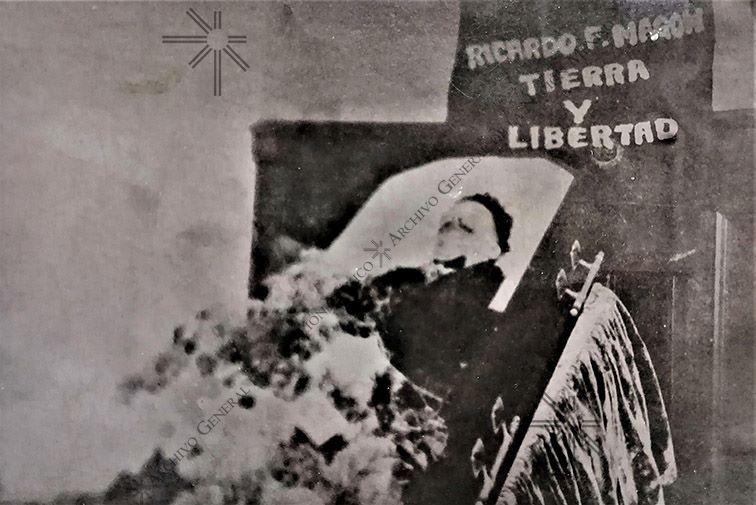Jail, intimidation, and spying on the Flores Magón brothers
The government of Porfirio Diaz established a system of oppression against any individual or group that represented a threat to his interests. Learn how the brothers Ricardo and Enrique Flores Magón were victims of the pernicious dictatorial system of General Díaz.

The movement led by the Flores Magón brothers came to discomfort and destabilize the dictatorial regime of Porfirio Díaz, because, through a free press, it denounced the various social, economic, cultural, and political abuses that the Porfirian government carried out against the lower classes of Mexican society.
The discomfort produced by the publications of Ricardo, Jesús, and Enrique motivated the authorities to imprison them and, consequently, to close any newspaper in which the Flores Magón brothers were involved. Such was the case with Regeneración, a publication that was born in August 1900 under the pen of Ricardo and his older brother Jesús.




